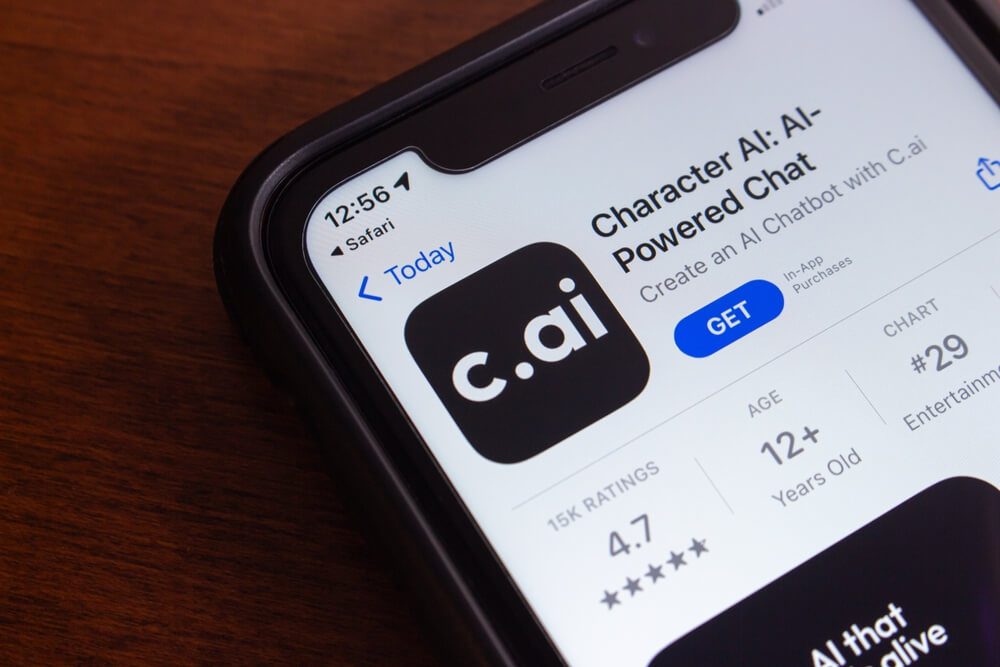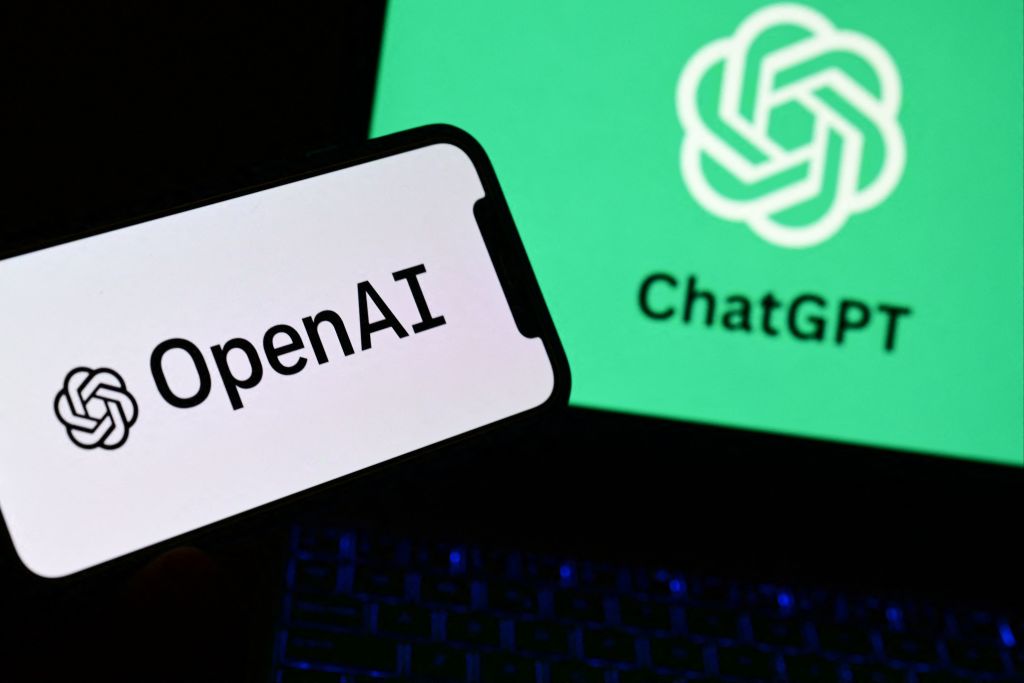Spicy Chat AI Addiction: The Adult Chatbot Crisis
If you’ve discovered adult-oriented AI chatbots and found yourself spending increasing time in intimate conversations with artificial personas, returning compulsively for emotional and physical gratification, or developing genuine feelings for AI companions that provide sexual content, you may be experiencing what researchers identify as one of the most psychologically complex forms of AI addiction. Adult […]
Spicy Chat AI Addiction: The Adult Chatbot Crisis Read More »





